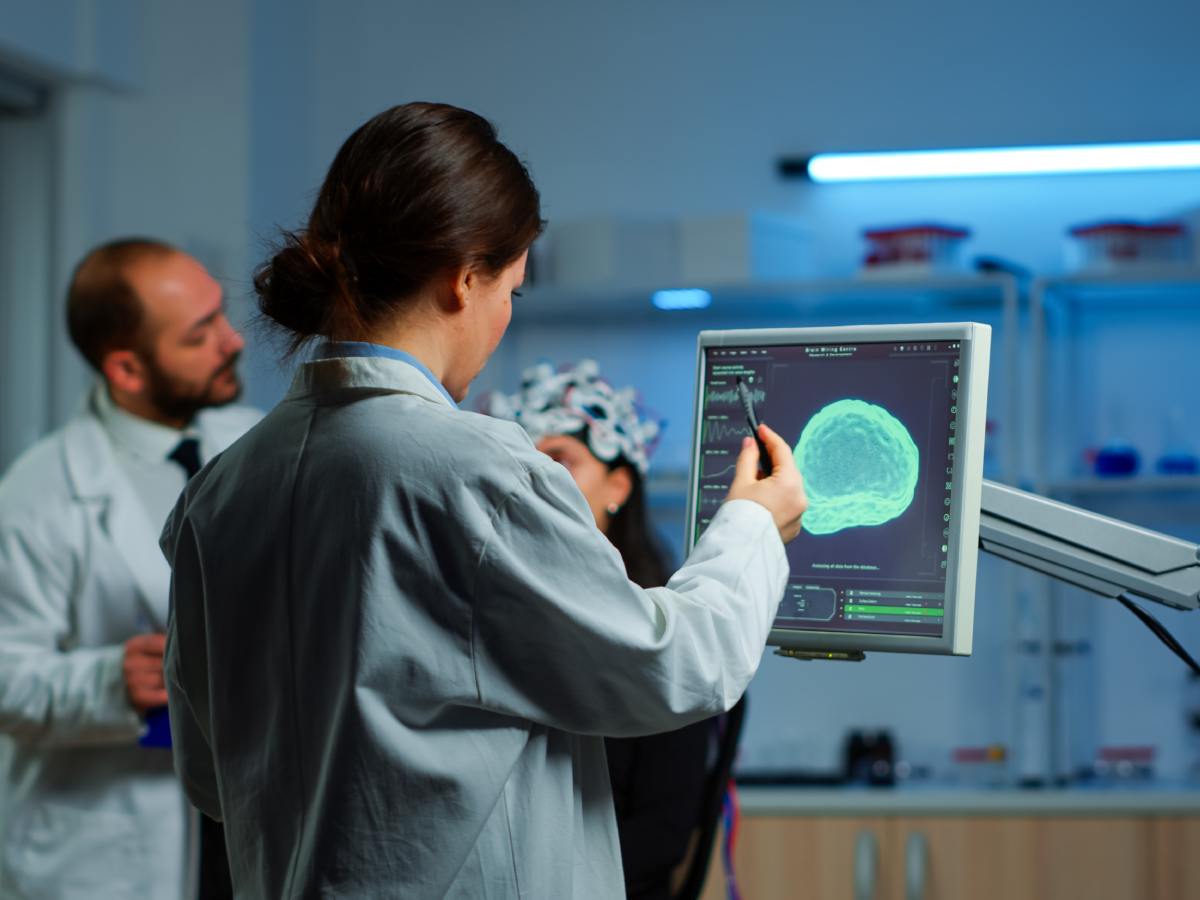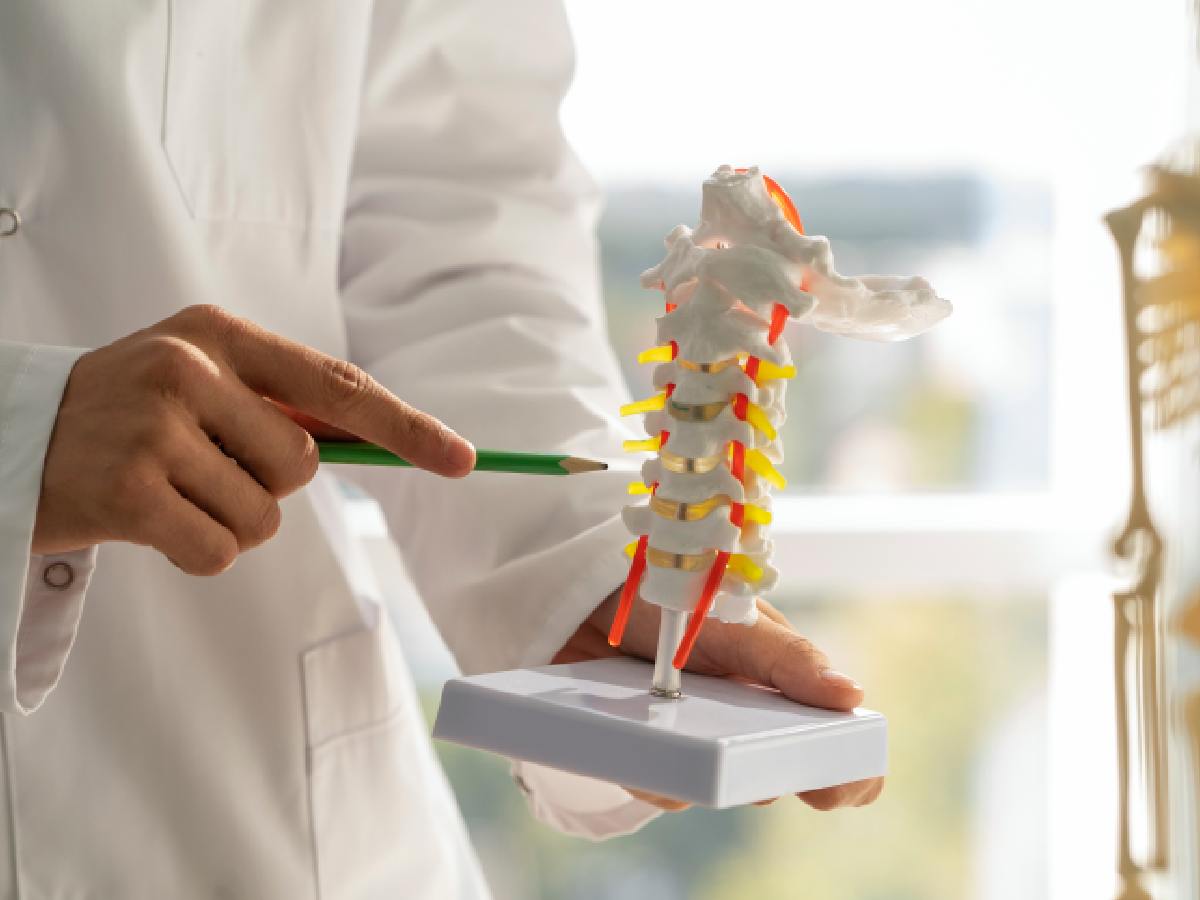Neuro Care (Brain s Spine)
Precision. Experience. Healing Beyond the Physical.

Brain Tumor Removal
Surgical intervention to remove benign or malignant tumors.
- Procedure: Microsurgical techniques, craniotomy, or endoscopic removal.
- Guidance Tools: Neuronavigation, intraoperative MRI/CT.
- Benefits: Reduces neurological symptoms, prevents tumor spread or recurrence.
- Recovery: ICU stay post-op; full recovery in 1–3 months.
- Risks: Neurological deficits, bleeding, recurrence.
Stroke Recovery C Management
Post-stroke rehabilitation and secondary prevention.
- Treatment: Thrombolytics (clot-busting drugs), physiotherapy, speech and occupational therapy.
- Centers: Access to specialized neuro-rehab units for long-term support.
- Benefits: Restores speech, mobility, and daily functioning.
- Recovery: Gradual; can take weeks to months.
- Risks: Recurrent strokes, dependency, depression.


Epilepsy C Parkinson’s Disease Treatment
Advanced medical and surgical approaches for neurological disorders.
- Treatments:
- Medication Management: Anti-epileptics or dopaminergic agents.
- Surgery: Vagus nerve stimulation, Deep Brain Stimulation (DBS).
- Benefits: Reduces seizures or tremors, improves independence.
- Recovery: Gradual symptom control; device surgeries recover in 2–4 weeks.
- Risks: Medication side effects, surgical complications.
Spine C Nerve Surgery
Used for treating spinal stenosis, herniated discs, or nerve compression.
- Techniques: Minimally invasive decompression, nerve root decompression, or fusion.
- Benefits: Reduced pain, improved mobility, faster recovery than open procedures.
- Recovery: Walking often resumes within a day; full recovery in 4–6 weeks.
- Risks: Nerve injury, recurrence, adjacent segment disease.

